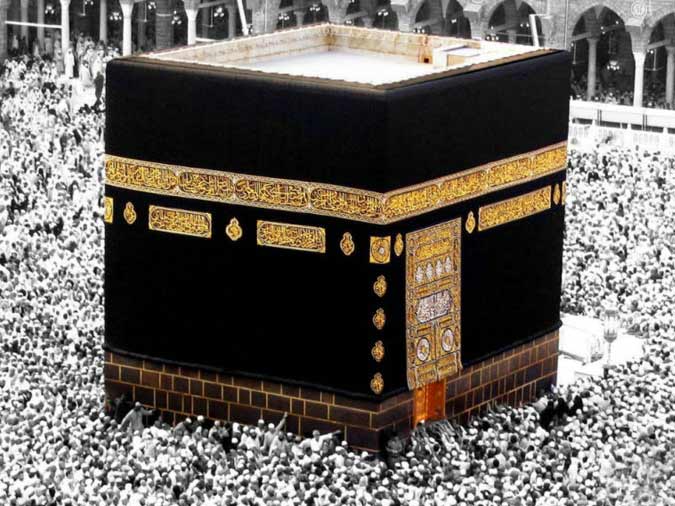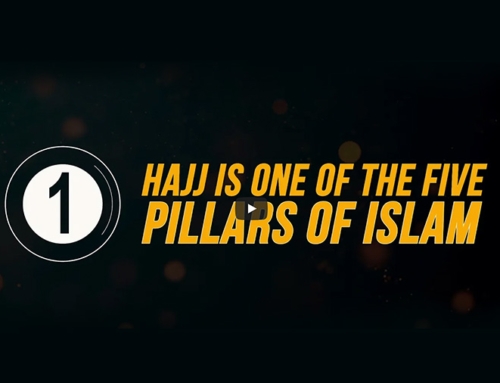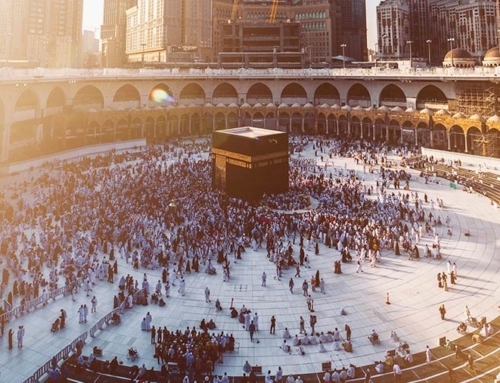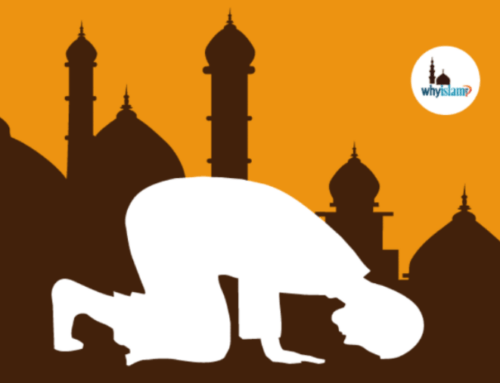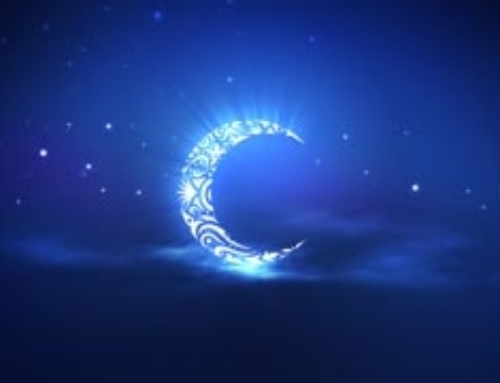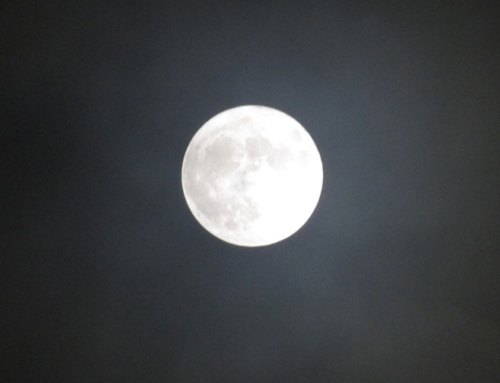Hajj: A Spiritual Journey of Equality and Purity
Hajj is a physical journey to the city of Mecca, but it is primarily for spiritual reasons. When one begins the journey to Mecca, they leave all worldly things behind them. As they get closer to Mecca they enter a state of ihrām. This consists of wearing only two white pieces of cloth and removing all worldly adornments. According to Islamic teachings, when one dies they will also be buried in a white shroud. Ihrām resembles the leaving of this world and preparing for the journey toward the hereafter. Ihrām also creates a sense of equality among all the pilgrims. The rich are identical to the poor, the white to the black, the king to the servant, and the young to the old. Everyone is stripped down to their humanity.
The Spiritual Significance of the Hajj
Similarly, on the day of judgment everyone will be gathered with nothing of their worldly possessions. Race, wealth, and status will not matter on that day. It is only one’s nearness to God that will be of any avail. Hajj is almost like a rehearsal for the day of judgment. Leaving the home symbolizes death, the iḥrām symbolizes the shroud, the large ocean of people gathering in Mecca of people from all races and backgrounds symbolizes the resurrection and gathering on the day of judgment.
The Importance of Women in Islam: The Story of Hagar
Hajj is also a commemoration of the actions of previous prophets such as Adam, Abraham, and Muhammad, peace be upon them. The pilgrims circle the Kaʿba seven times and then pace between the hills of Safa and Marwa, which are close to the Kaʿba, seven times. The pacing between these two hills is a reenactment of Hagar the wife of Abraham. She was alone in the desert and looking for water to quench the thirst of her infant son Ismail. She ran between the two hills seven times until a well of water gushed from under her crying son’s feet. In this reenactment, there is an implicit message about the great status of women in Islam. Millions of pilgrims, both men and women, from throughout the world follow in Hagar’s footsteps each year. Additionally, the pacing between the two mountains is a reflection about the nature of this world. One must work hard and pace through life, and although things seem bleak, God will always provide relief in the end. This relief is not a result of our efforts, but from God, as the water did not gush from under Hagar’s feet, but from under the feet of her infant child.
How the Hajj Can Help You Overcome Your Bad Habits
As this very child grew up, Abraham was asked to slaughter him. The devil appeared to Abraham and tempted him to disobey God’s command to slaughter his son. Abraham pelted the devil with some stones. Pilgrims reenact this moment by throwing pebbles in the same location where Abraham pelted the devil. This is symbolic of the devil in our own life, and with the throwing of each pebble, one throws away a bad habit. Abraham and Ismail both submitted to God’s command and prepared themselves to carry it out until God sent a ram to be sacrificed in place of Ismail. Pilgrims end their pilgrimage with slaughtering an animal to commemorate this great act, but more importantly as a symbol of piety and sacrificing of their own ego that often gets in the way of submitting to God’s commands. It is neither their meat nor their blood that reaches Allah, but it is piety from you that reaches Him (Qurʾān 22:37).
A Journey of Repentance and Forgiveness
One of the most important moments of hajj is when pilgrims gather on the mountain of Arafat. This mountain is where Adam and Eve met after descending to earth. All the pilgrims gather on this mountain and some of them go to the part of the mountain where the Prophet Muhammad, peace be upon him, delivered his final sermon. This sermon was focused on reforming the social, economic, political, and religious elements of society. He commanded that men care for women, that slaves be freed, and preached that all men are equal. Throughout the day, pilgrims spend their time in supplication and as the day comes to an end there are many emotionally charged moments. Those on Arafat shed tears as they beg for forgiveness, acceptance, and help with their needs in this world and the hereafter.
Ultimately, hajj is a life changing experience. It is a moment of repentance and forgiveness. The Prophet Muhammad peace be upon him stated: The reward for an accepted hajj is nothing but paradise (Bukhari).
Got Questions?
We have Answers. Get in touch now.


